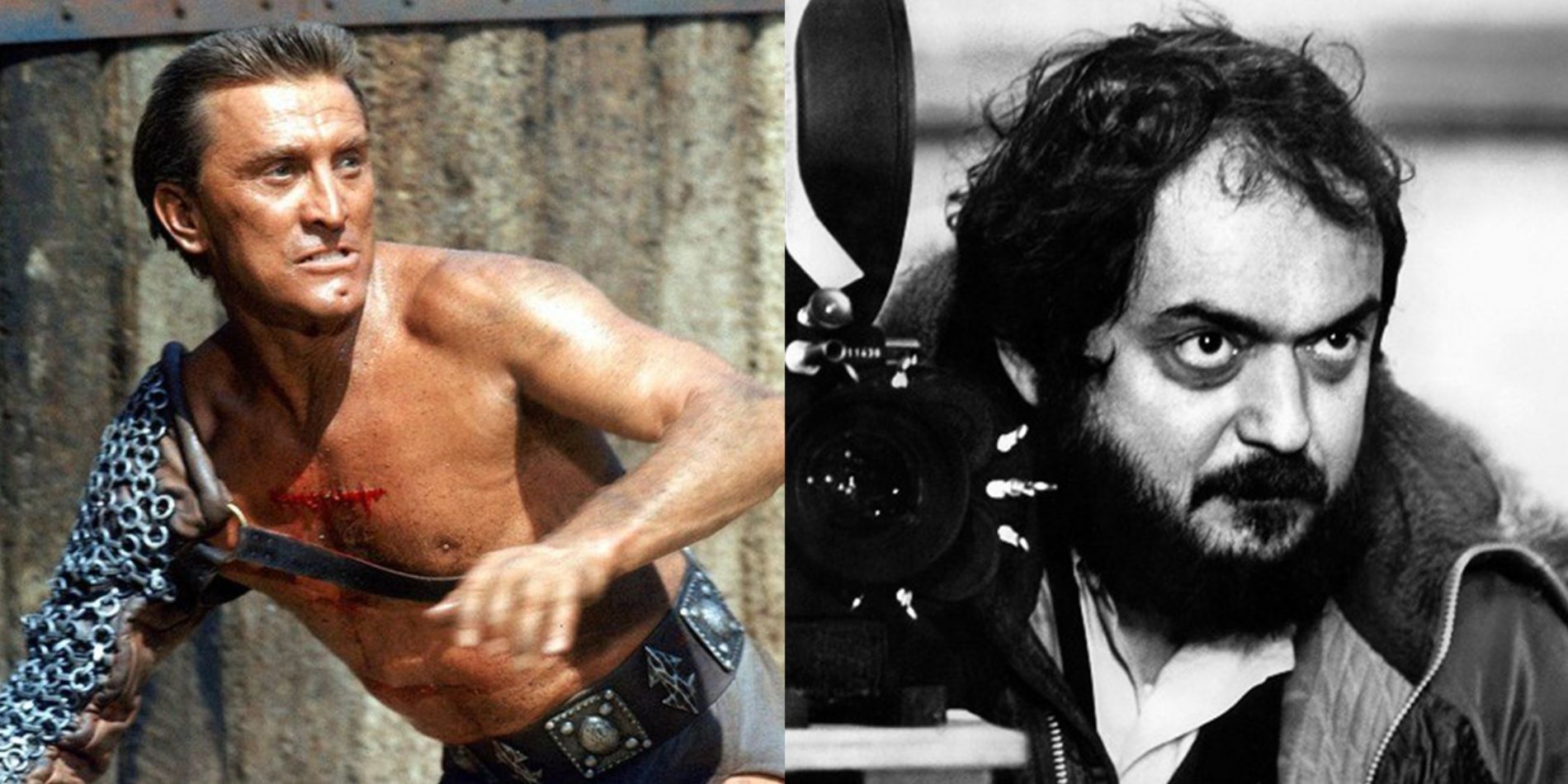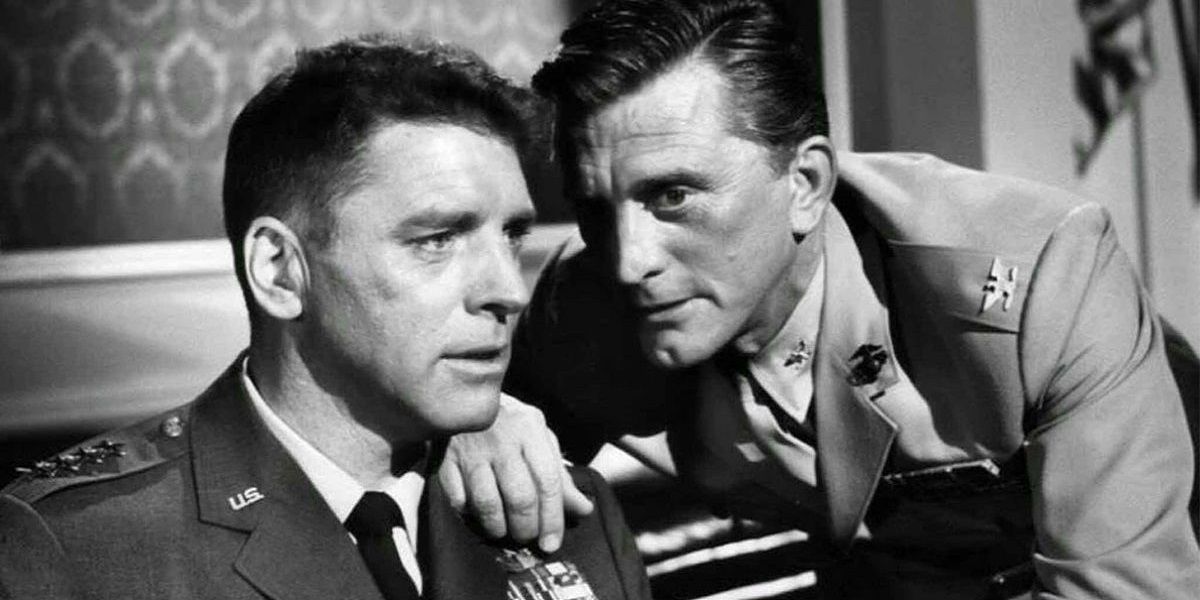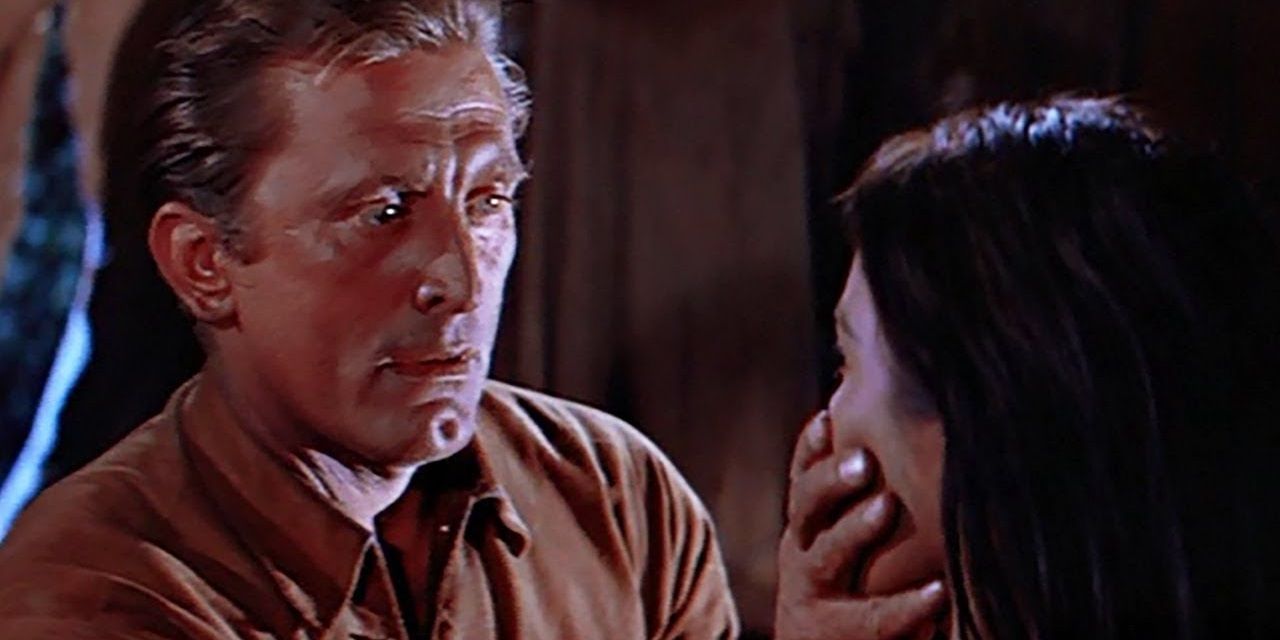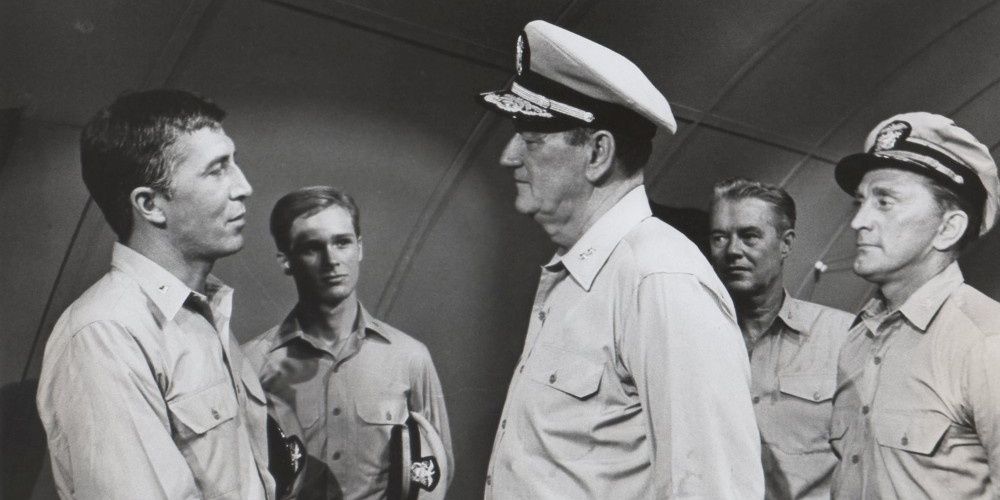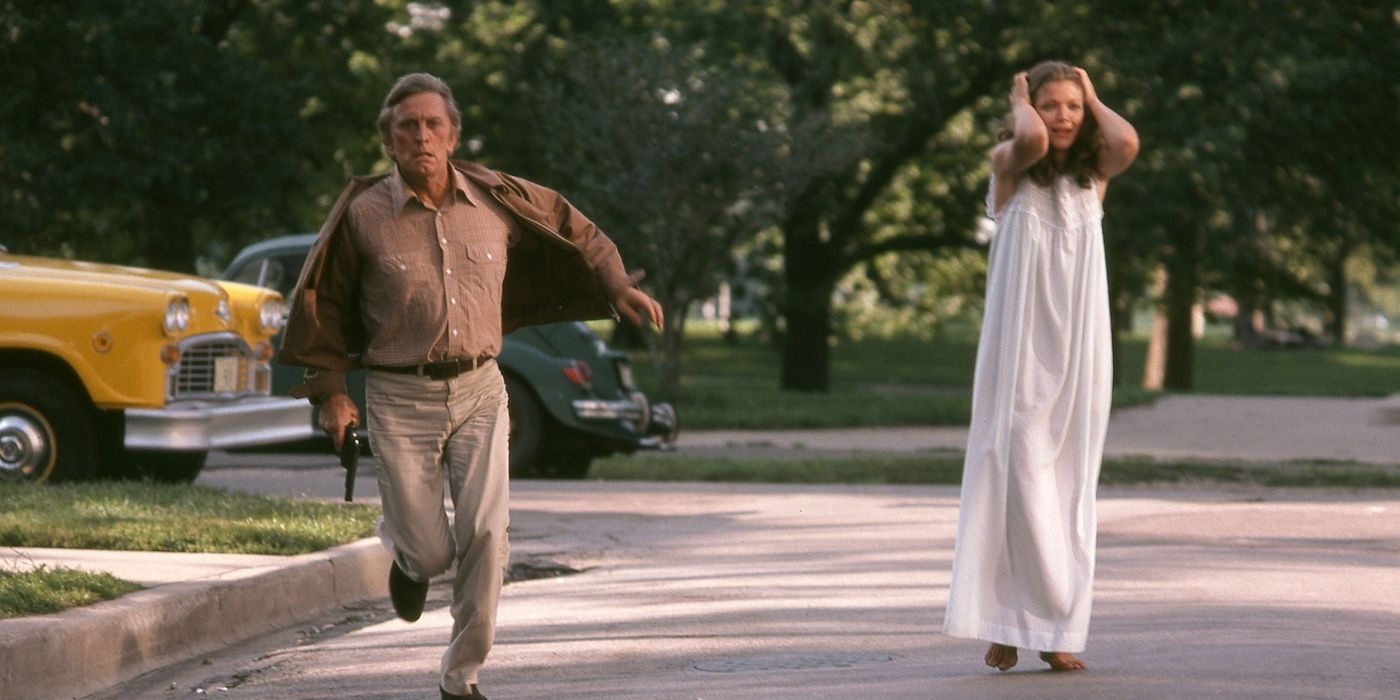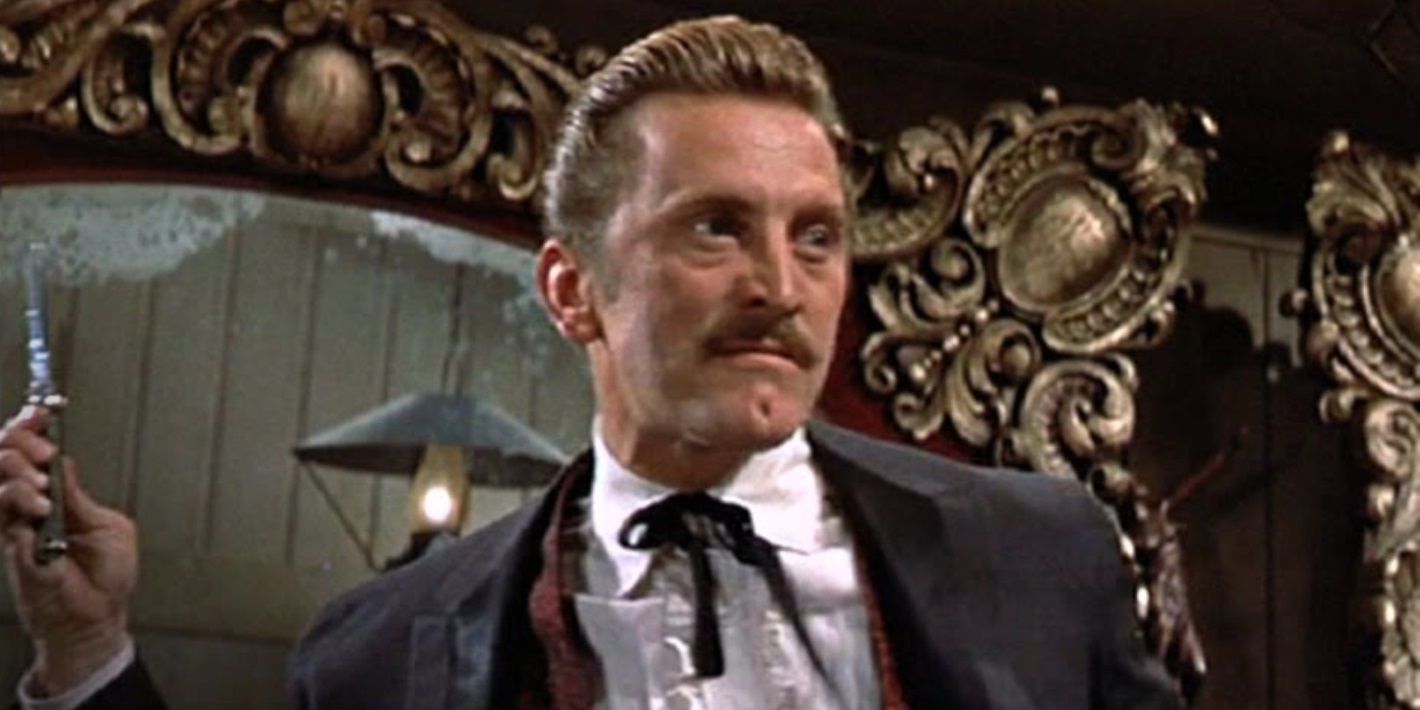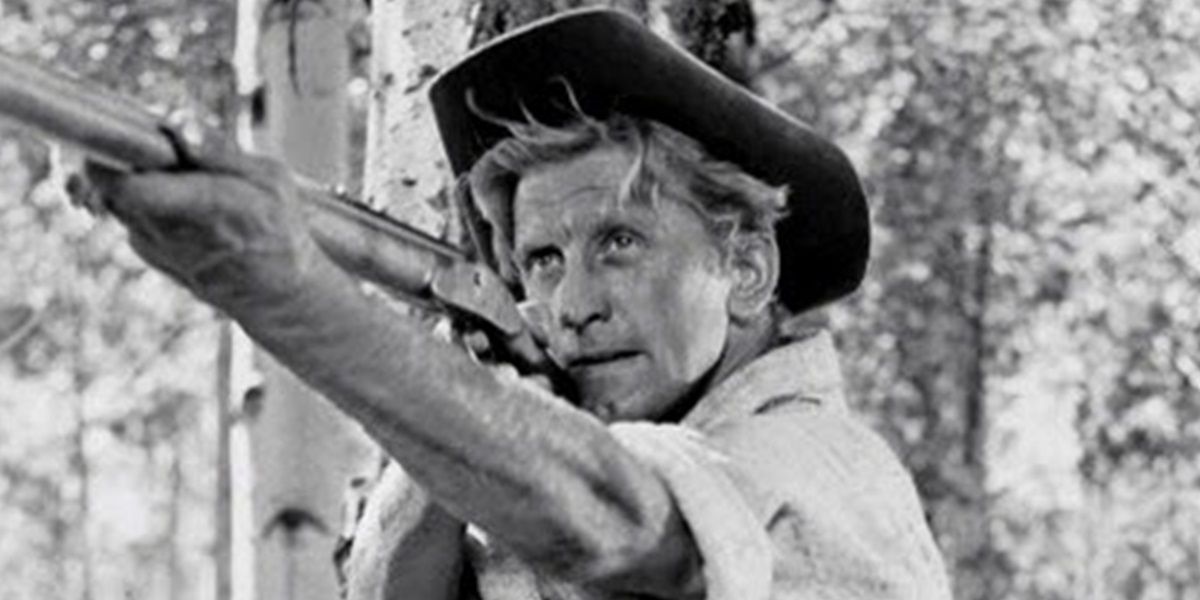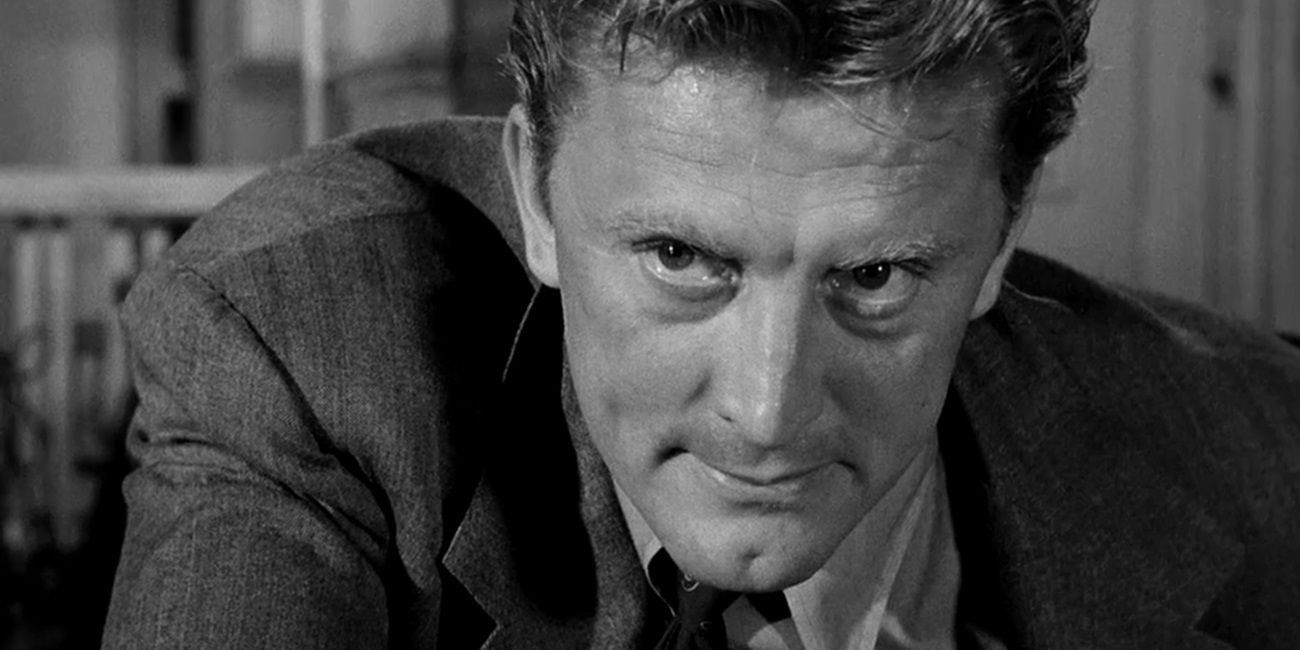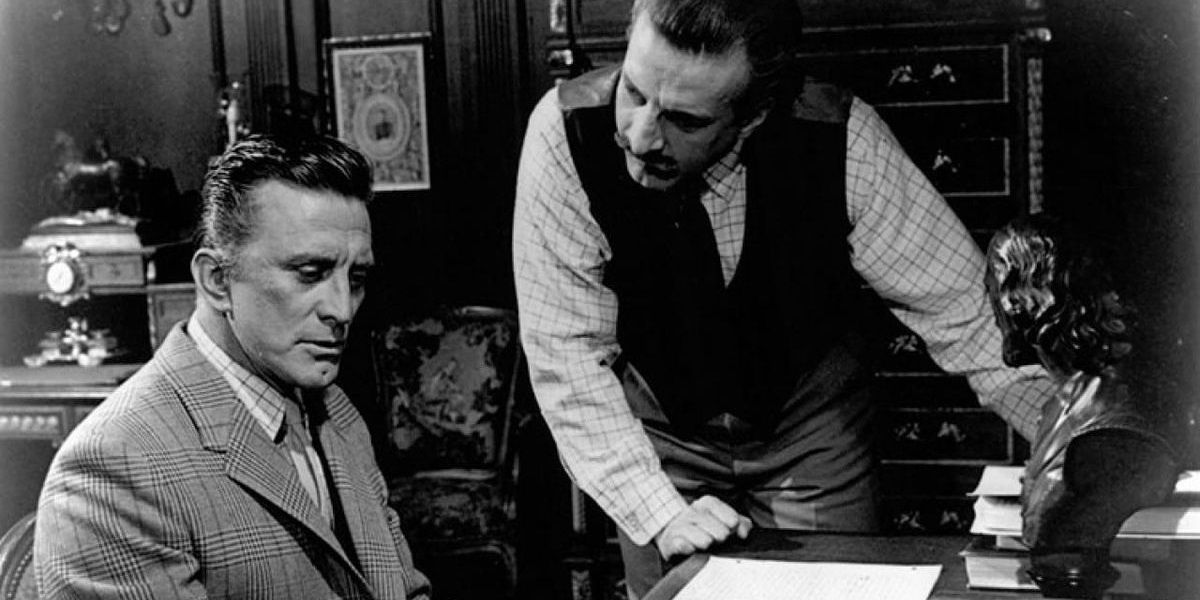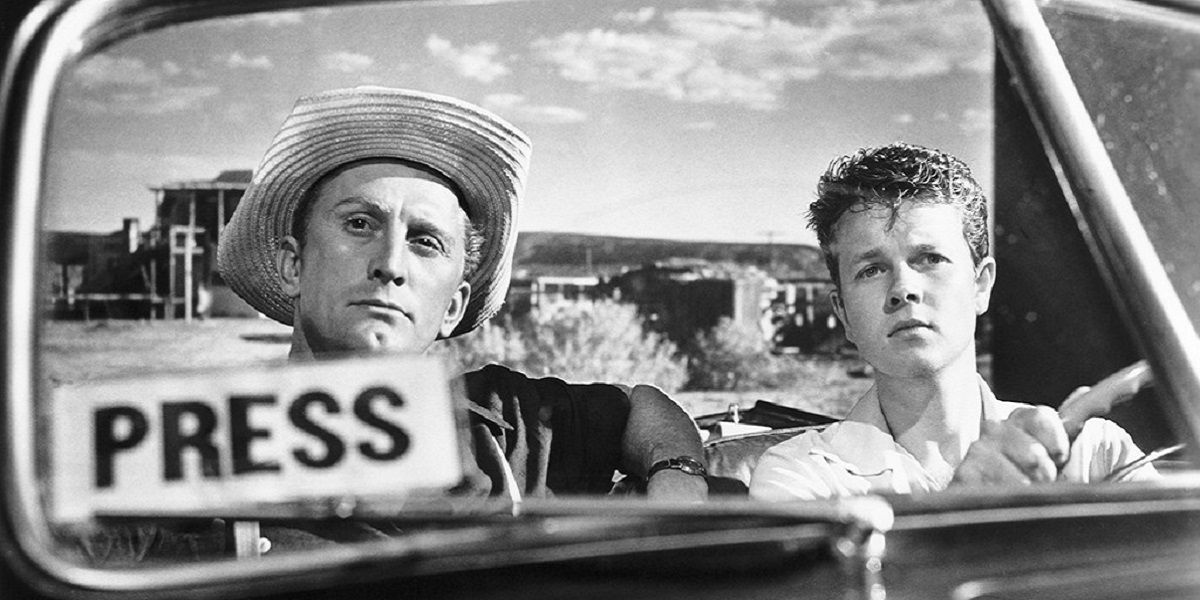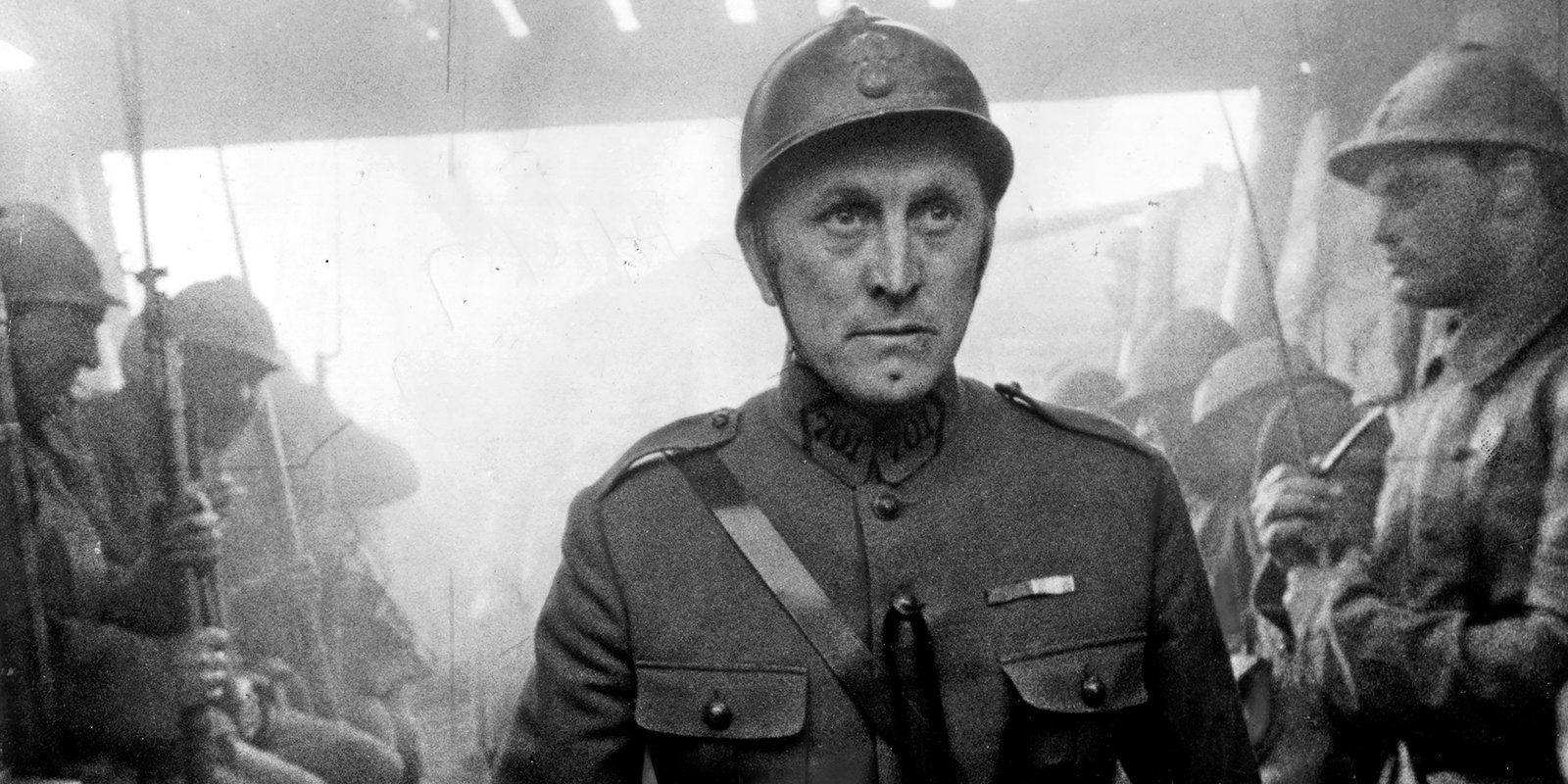Throughout the 1950s, Kirk Douglas became one of the most acclaimed and popular actors in Hollywood. As a star of both westerns and war epics, Douglas amassed a giant fan base across the world and regularly headlined movies for decades. According to the American Film Institute, Douglas is the 17th greatest male movie star in the history of Hollywood cinema.
Over the course of his prolific acting career, Douglas worked with some of the most legendary filmmakers who ever lived, from Billy Wilder to John Huston to the great Stanley Kubrick.
John Frankenheimer
John Frankenheimer became a renowned filmmaker with the character-driven nuance of Birdman of Alcatraz, the politically charged thrills of The Manchurian Candidate, and the breathtaking car chases of Ronin.
In 1964, he directed Douglas alongside Burt Lancaster and Ava Gardner in the iconic political thriller Seven Days in May. Written by The Twilight Zone’s Rod Serling, Seven Days in May chronicles the attempted takeover of the U.S. government following the president’s negotiations with the Soviet Union.
Andre DeToth
Andre DeToth is one of the most beloved B-movie directors of all time. According to the New York Times, he revolutionized 3D filmmaking with the classic Vincent Price-starring chiller House of Wax, despite the director’s early-age loss of an eye preventing him from enjoying 3D movies himself.
In 1955, DeToth directed Douglas in The Indian Fighter, a western about violent tensions between natives and white settlers on the American frontier.
Otto Preminger
In the 1940s, Otto Preminger rose to prominence with film noirs like Laura and Fallen Angel. The director tackled taboo subjects in Anatomy of a Murder and Advise & Consent and was nominated for the Academy Award for Best Director twice.
Preminger directed Douglas in the 1965 war epic In Harm’s Way. Starring John Wayne and Patricia Neal (with an extended cameo by Henry Fonda), In Harm’s Way was one of the last black-and-white World War II epics ever made.
Brian De Palma
With violent gems like Carrie, Blow Out, and Scarface, Brian De Palma made a name for himself throughout the ‘70s and ‘80s as one of the most significant genre filmmakers of the New Hollywood movement.
De Palma’s filmography is a series of slick Hitchcockian thrillers with his own ultraviolent spin. In 1978, he directed Douglas in the supernatural thriller The Fury.
John Sturges
John Sturges became one of the most popular American genre directors with game-changing gems like Bad Day at Black Rock, The Magnificent Seven, and The Great Escape. The former, for which Sturges received an Oscar nomination, is noted for its inventive use of the widescreen CinemaScope format.
Douglas played Doc Holliday opposite Burt Lancaster’s Wyatt Earp in Sturges’ 1957 western classic Gunfight at the O.K. Corral, loosely based on the actual historical event from 1881.
Howard Hawks
A legend of Hollywood’s classical era, Howard Hawks helmed such seminal movies as Scarface (the 1932 original), Bringing Up Baby, His Girl Friday, Red River, The Big Sleep, and Rio Bravo.
In 1952, Douglas starred in Hawks’ western The Big Sky alongside Dewey Martin, Elizabeth Threatt, and Arthur Hunnicutt. Based on the novel of the same name by A.B. Guthrie, Jr., The Big Sky was included on Jonathan Rosenbaum’s alternative list of the “Top 100 American Films.”
William Wyler
One of the Oscar voters’ favorite filmmakers, William Wyler won three Academy Awards for Best Director out of a record-breaking 12 nominations. The three films he won for – Mrs. Miniver, The Best Years of Our Lives, and Ben-Hur – also won Best Picture.
Wyler teamed up with Douglas for the classic 1951 film noir Detective Story, following the intertwining lives of a police squad over the course of a day.
John Huston
John Huston directed some of the most acclaimed films ever made: The Maltese Falcon, The Treasure of the Sierra Madre, The Asphalt Jungle, The African Queen, Prizzi’s Honor.
He worked with Douglas on one of his lesser-known movies, The List of Adrian Messenger, a mystery based on the 1959 novel of the same name by Philip MacDonald.
Billy Wilder
Across his groundbreaking five-decade career, Billy Wilder defined the cinematic language of Classic Hollywood. He won two of his eight Academy Award for Best Director nominations and won three of his 13 screenwriting nominations. A bunch of Wilder’s films are ranked among the greatest ever made: Double Indemnity, The Apartment, Sunset Boulevard, Some Like It Hot.
Wilder directed Douglas in the lead role of one of his finest films, Ace in the Hole. Douglas plays a bitter disgraced journalist who will do whatever it takes to get his job back.
Stanley Kubrick
Everything Stanley Kubrick touched turned to gold. With universally praised films like sci-fi epic 2001: A Space Odyssey, horror opus The Shining, and biting political satire Dr. Strangelove, Kubrick became world-renowned as one of the sharpest, most versatile filmmakers of all time.
Kubrick directed Douglas in the lead roles of two of his most revered films: Colonel Dax in his anti-war masterpiece Paths of Glory and the titular revolutionary in his swords-and-sandals epic Spartacus. Written by blacklisted screenwriter Dalton Trumbo, Spartacus was notable for its parallels with McCarthyism.

